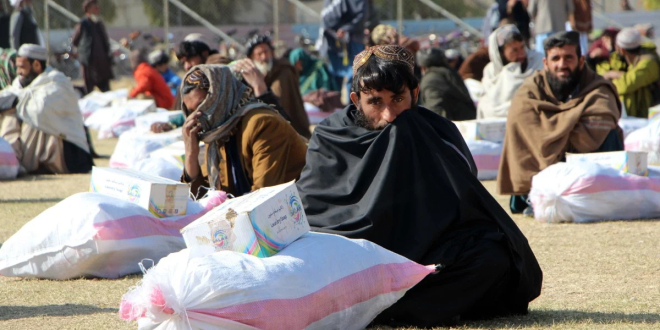KABUL – The Trump administration’s decision to suspend all foreign aid for 90 days and restructure the U.S. Agency for International Development (USAID) has raised concerns about the future of humanitarian assistance in Afghanistan. While the freeze could create an opening for China to expand its influence, analysts say Beijing is unlikely to engage in large-scale development efforts.
Afghanistan has been heavily reliant on U.S. aid, with Washington accounting for 43.9% of the country’s total assistance last year, according to the United Nations. USAID has played a critical role in funding healthcare, food security, agriculture, and education programs in coordination with other humanitarian agencies.
Jennifer Brick Murtazashvili, director of the University of Pittsburgh’s Centre for Governance and Markets, said the aid freeze marks a further step in U.S. disengagement. “Since 2021, Washington’s role has been reactive, focusing on sanctions and counterterrorism rather than shaping events on the ground,” she said.
China, which has maintained diplomatic ties with the Taliban government and invested in Afghanistan’s mineral resources, has the financial capacity to expand its presence. However, analysts argue that Beijing lacks the intent to engage in major development assistance, preferring a limited economic and political role.
The freeze on U.S. aid raises concerns about funding shortfalls for critical humanitarian projects, as Afghanistan continues to face economic hardship and food insecurity. With Washington pulling back, attention now turns to whether other global players will step in to fill the gap.
 Afghanistan Times
Afghanistan Times




